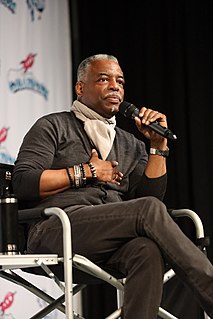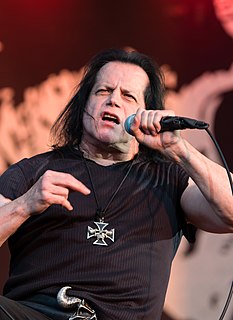A Quote by James Patterson
I do 30 to 40 books a year, so it's a fair amount of reading. Back and forth between nonfiction and fiction. I usually have three or four things that are open on my desk, on my bed, on audiobook in the car.
Related Quotes
My platform has been to reach reluctant readers. And one of the best ways I found to motivate them is to connect them with reading that interests them, to expand the definition of reading to include humor, science fiction/fantasy, nonfiction, graphic novels, wordless books, audio books and comic books.
I think, about the distinction between fiction and nonfiction. Fiction is not really about anything: it is what it is. But nonfiction - and you see this particularly with something like the BBC Samuel Johnson Prize for Non-Fiction - nonfiction we define in relation to what it's about. So, Stalingrad by Antony Beevor. It's "about" Stalingrad. Or, here's a book by Claire Tomalin: it's "about" Charles Dickens.
But what struck me was the book-madness of the place--books lay scattered across the unmade bed and the top of a battered-looking desk, books stood in knee-high piles on the floor, books were crammed sideways and right side up in a narrow bookcase that rose higher than my head and leaned dangerously from the wall, books sat in stacks on top of a dingy dresser. The closet door was propped open by a pile of books, and from beneath the bed a book stuck out beside the toe of a maroon slipper.
































